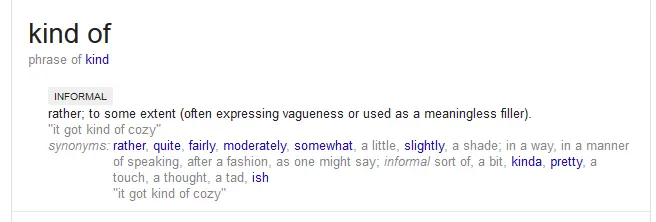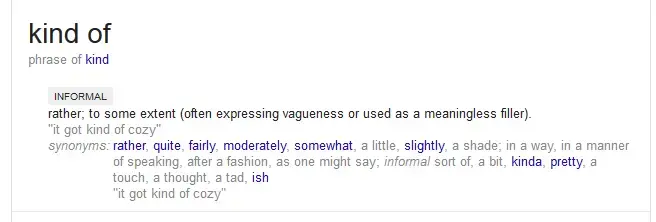That doesn’t make sense, though, if you think about it. If literally now also means figuratively, then “literally” cancels itself out. It means two opposing things, so therefore it means nothing. How would we know if a person is speaking literally or figuratively when they use the word “literally” e.g. if someone says that her head literally feels like it’s about to explode, the ambiguity of “literally” neutralizes all sense from the sentence: does she actually/literally feel like her head is about to explode, or is she just speaking figuratively and using hyperbole to make a point? Does she mean literally as in literally or literally as in figuratively? Should we smile or rush her to a hospital?
If the word “fork” began to be misused to mean either a fork or a spoon, then the word “spoon” wouldn’t need to exist, and the new word “fork” wouldn’t make sense.
“Would you like a fork?”
“Yes.”
“The fork that has prongs or the fork that has the oval at the end?”
“The oval one.”
If you want a fork, you ask for a fork. If you want a spoon, you ask for a spoon. You wouldn’t ask for a fork meaning a spoon. Likewise, you wouldn’t say literally if you meant figuratively—you’d just say figuratively.
Two words that mean two different things can’t be combined without causing confusion and requiring disambiguation before it can be understood. I also think that widespread misuse should most of the time not be grounds for officially changing the meaning of the word. It encourages the degradation of language and screws up the etymological anatomy of words.
As with many words, it becomes a question of context. It may also be a question of formal vs colloquial.

